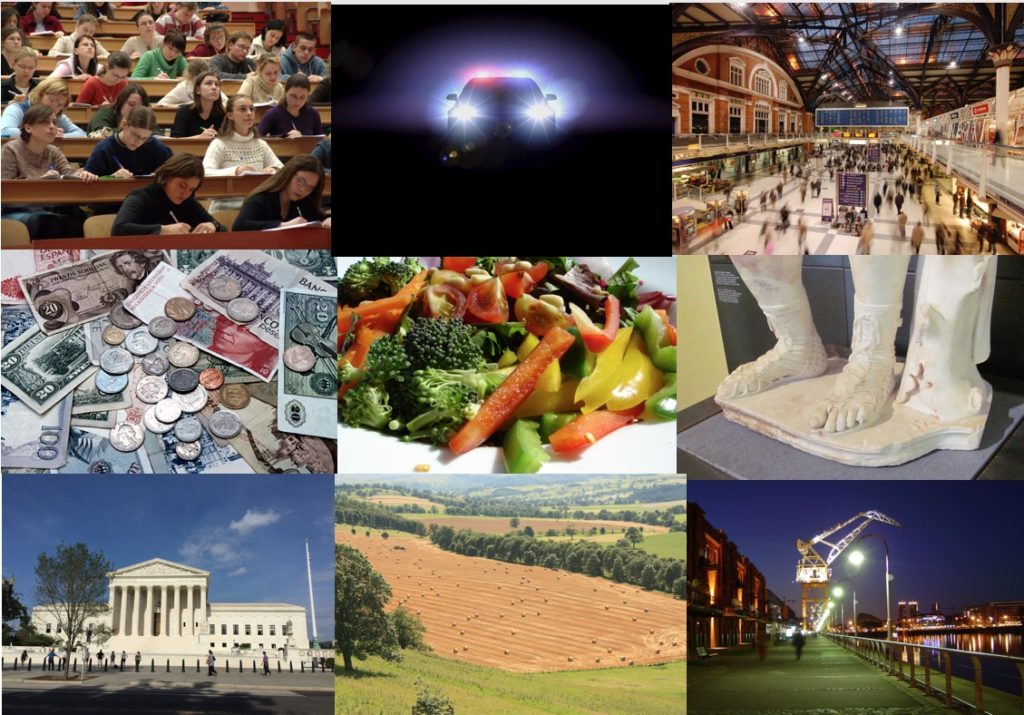 Rounded, multi-layered characters are essential if you want people to be engaged in your story. Reading is an emotional trip and we want to gasp, shiver, feel rolls of warmth, resentment, sympathy, fear, loss, and triumph as we turn the pages.
Rounded, multi-layered characters are essential if you want people to be engaged in your story. Reading is an emotional trip and we want to gasp, shiver, feel rolls of warmth, resentment, sympathy, fear, loss, and triumph as we turn the pages.
Superwomen are fine in some contexts – we like a bit of pushing over the edge of reality – but our heroines and heroes should make horrible mistakes, mis-judgements and stupid decisions, but also be aware, clever and cunning as appropriate. They are, after all, only human.
But equally important is to think about what formed those characters. Some characteristics are common across ages, locations and personality. Bad temper or a sweet disposition, a loving childhood or abusive environment can occur whether your character lives in Ancient Rome or the Moon Colony in 2175.
But what are the factors that make your character what they are in the place that they exist?
Looking at the large scale, most settings have a form of governance – autocratic, democratic or even none, which brings its own scope for conflict. Similarly, some sort of economic, social and political systems exist, whether feudal, industrial, agricultural, self-sufficient, colonial, revolutionary, egalitarian or something else. You don’t need to mention these as such, unless they impact directly on the plot, but you need to have it all worked out in your head.
On the personal level, most people are concerned with food, shelter, safety and income. On top of that, in no particular order, health, their family, the future for their children and a non-miserable old age and pain-free death. After that come more altruistic concerns like personal values, social good and social justice, the urge to explore, discover and invent.
The essential questions
Back to our characters… You probably know their role in the story, their motivation and their ultimate goal. But what do you know about their values, knowledge and experience of the world that formed them?
How do people make their living?
Where do they work?
How are they educated?
What kind of production is there? Artisans or big industry?
Is the government representative?
Is there a class/caste system, and is it flexible or structured? Overt or ‘understood’?
Are laws authoritarian, permissive or strict?
What’s the religious practice? Easy going or compulsory? Personal or collective?
What’s the crime level?
What’s growing in the fields? What animals are grazing?
What’s the food like?
What do people wear? Don’t forget boots, shoes, sandals or bare feet.
Are there markets, little shops, big chains?
What does the money look like? Is there banking, credit or pennies under the bed?
Are there muddy tracks or metalled roads? Are they safe?
Is transport horse and cart, steam engines, electric trains, aeroplanes, space rockets or hyperspace portals?
And what about ports, ships, navies, river transport, canoes and barges?
Do people travel or stay put?
Are there accepted codes of behaviour – speech, manners, obligations, red lines?
Is there law enforcement, robber bands, distrust in authority?
And the big question – who holds the power?
Quite a lot of this will depend on geography
Are there mountains, seas and rivers?
Does the countryside consist of plains, valleys forests?
Big cities or small towns, coastal or inland?
And don’t forget the weather… 😉
Make sure your characters act naturally within their world.
Characters don’t explain chunks of backstory to each other when they meet. Imagine explaining a third person’s entire life story to your best friend when you’re relaxing over a drink. All your friend/colleague wants are the bare facts of what that person has been doing to cause you to mention them. You can use letters, messages, instructions, photos, general dialogue, phone calls, TV, radio, internet, old friends as ways to bring the information in. This is what we do in our everyday real lives.
Your characters naturally accept where and when they live; this is their normality, so try to put yourself in their minds. The canny writer will be careful not to describe a world too obscure or alienating and will leave some hooks and common connections to our world, time and experience to maintain an element of familiarity. The trick is to make your book word plausible and authentic by keeping it consistent with and within that world. Otherwise, the reader may well click the book shut and delete it (or chuck it in the charity box).
Characters are what you make them in their role in the book, but they are also the product of their society, however mundane, otherwordly or othertimely that world might be.
Happy writing!
Alison Morton is the author of Roma Nova thrillers – INCEPTIO, CARINA (novella), PERFIDITAS, SUCCESSIO, AURELIA, NEXUS (novella), INSURRECTIO and RETALIO, and ROMA NOVA EXTRA, a collection of short stories. Audiobooks are available for four of the series.Double Identity, a contemporary conspiracy, starts a new series of thrillers. JULIA PRIMA, a new Roma Nova story set in the late 4th century, is now out.
Find out more about Roma Nova, its origins, stories and heroines and taste world the latest contemporary thriller Double Identity… Download ‘Welcome to Alison Morton’s Thriller Worlds’, a FREE eBook, as a thank you gift when you sign up to Alison’s monthly email update. You’ll also be among the first to know about news and book progress before everybody else, and take part in giveaways.















Leave a Reply